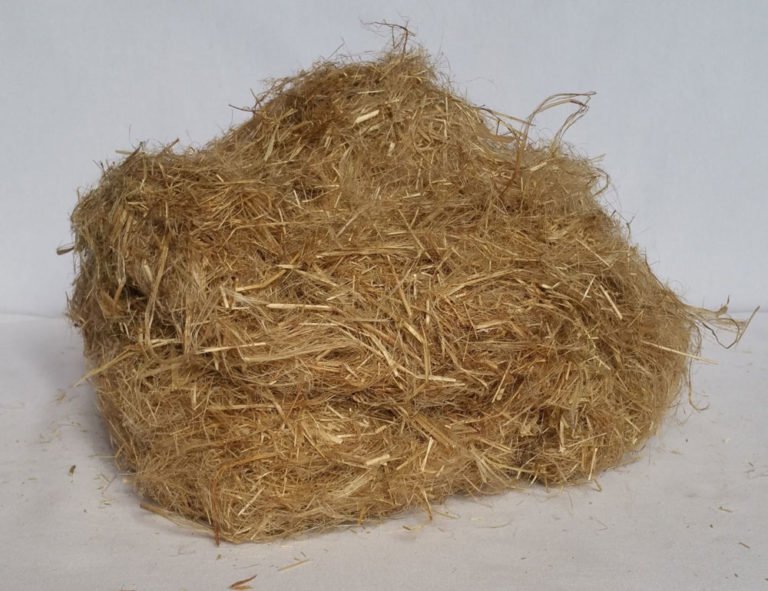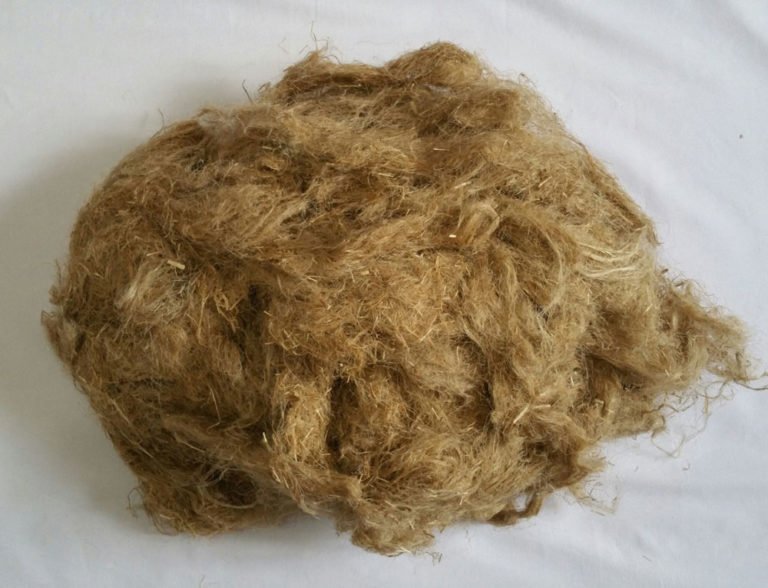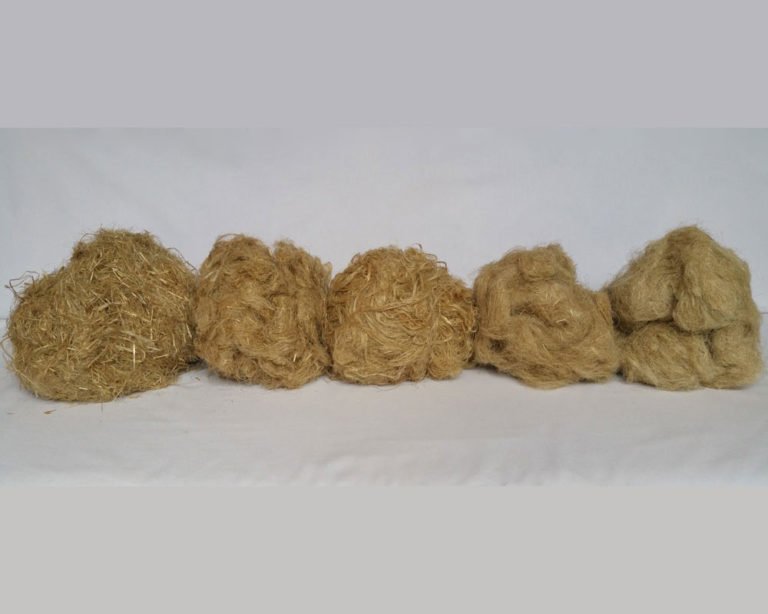Flax tow . Scutched Tow . Re-scutched tow
(Short flax fibers – short flax fibres)
It can be 1 drum or 4 drums
Pressed in bales of 200 kg
20 ton each container 40 ft
Flax tow refers to the shorter fibers obtained from the flax plant. These fibers are typically around 20 to 50 centimeters in length and are separated from the longer linen fibers during the processing of flax. Flax tow has various applications in industries such as textiles, automotive manufacturing, paper production, and construction.
Scutched tow is flax tow that has undergone an additional mechanical process called scutching. Scutching involves beating or scraping the fibers to remove any remaining impurities, such as woody or pectinaceous materials. This process helps to refine the flax tow further, resulting in fibers that are cleaner and more uniform in length.
Re-scutched tow, as the name suggests, undergoes a second round of scutching to achieve an even finer quality of short flax fibers. This additional scutching process further cleans the fibers and ensures that they are as uniform as possible in terms of length and quality.
The packaging of short flax fibers, including flax tow, scutched tow, and re-scutched tow, is typically done in bales. These bales are compressed and secured using straps or other packaging materials to create compact units weighing approximately 200 kilograms each. The bales are convenient for storage, transportation, and handling.
When it comes to shipping, flax tow bales are commonly loaded into standard shipping containers. A 40-foot container can typically accommodate up to 20 tons of flax tow. The packaging configuration can vary, with the fibers either packed in one drum or divided into four drums, depending on the specific requirements and preferences of the buyer and seller.




